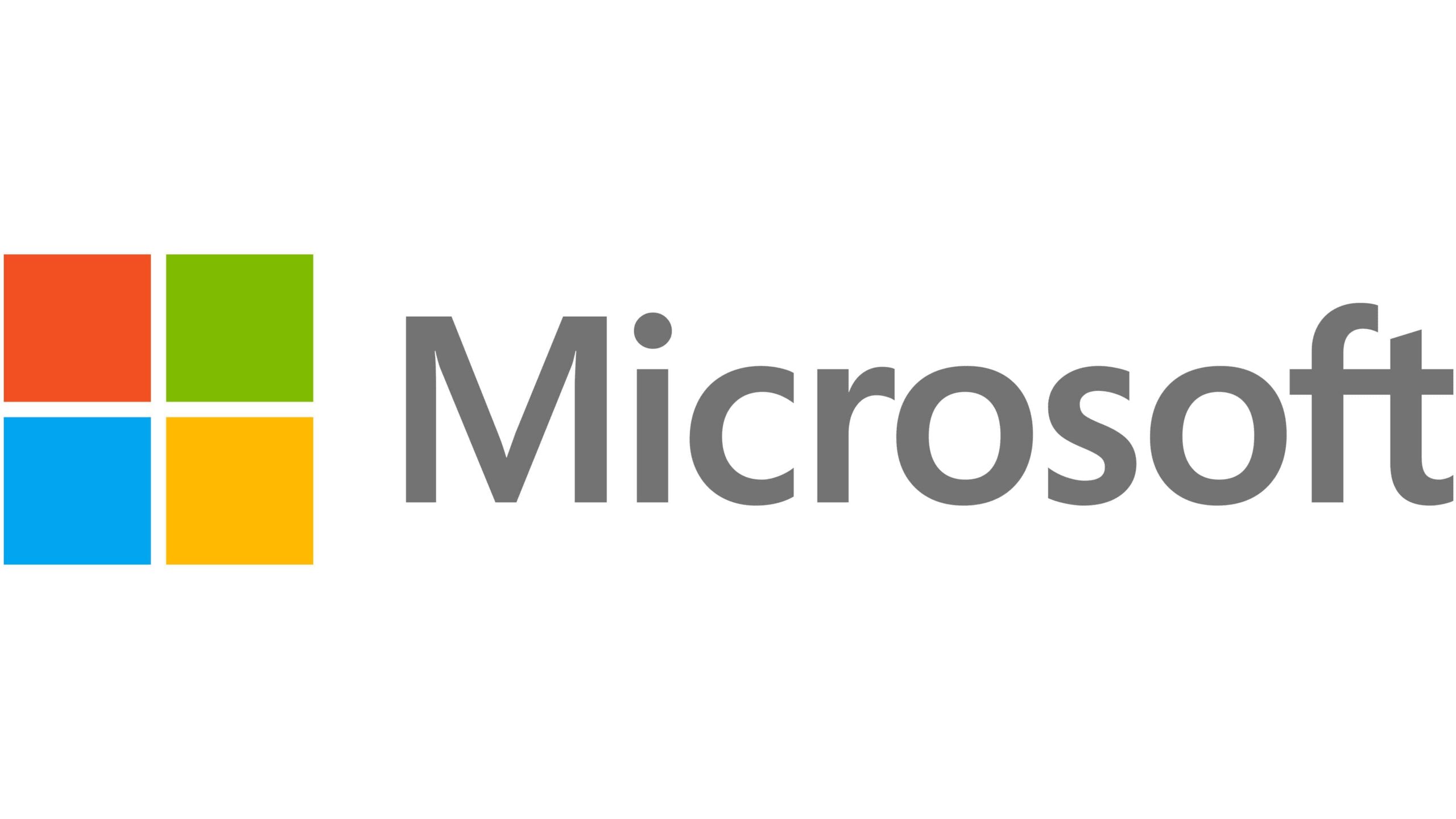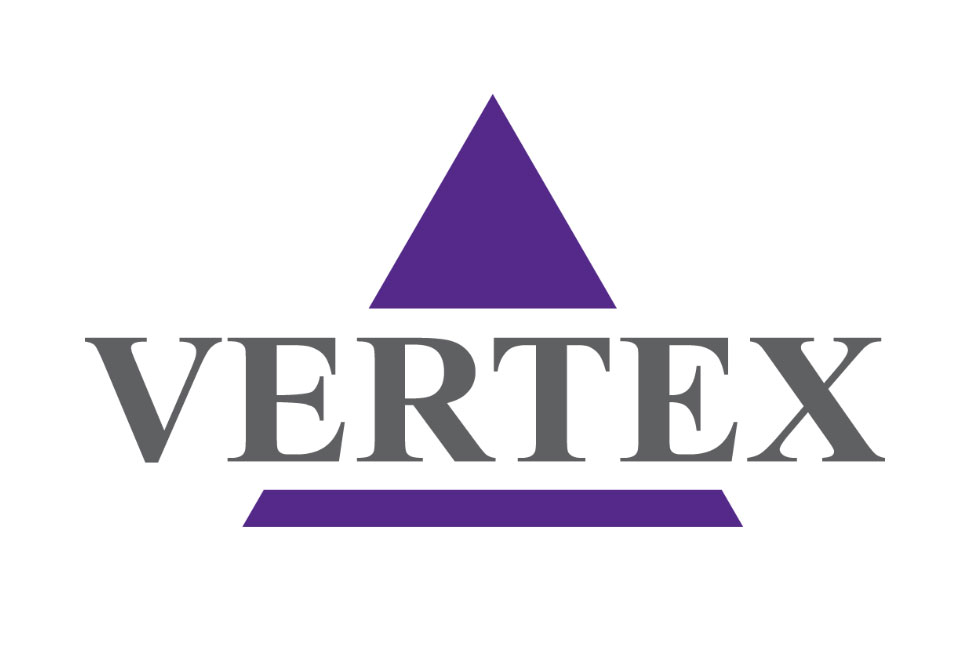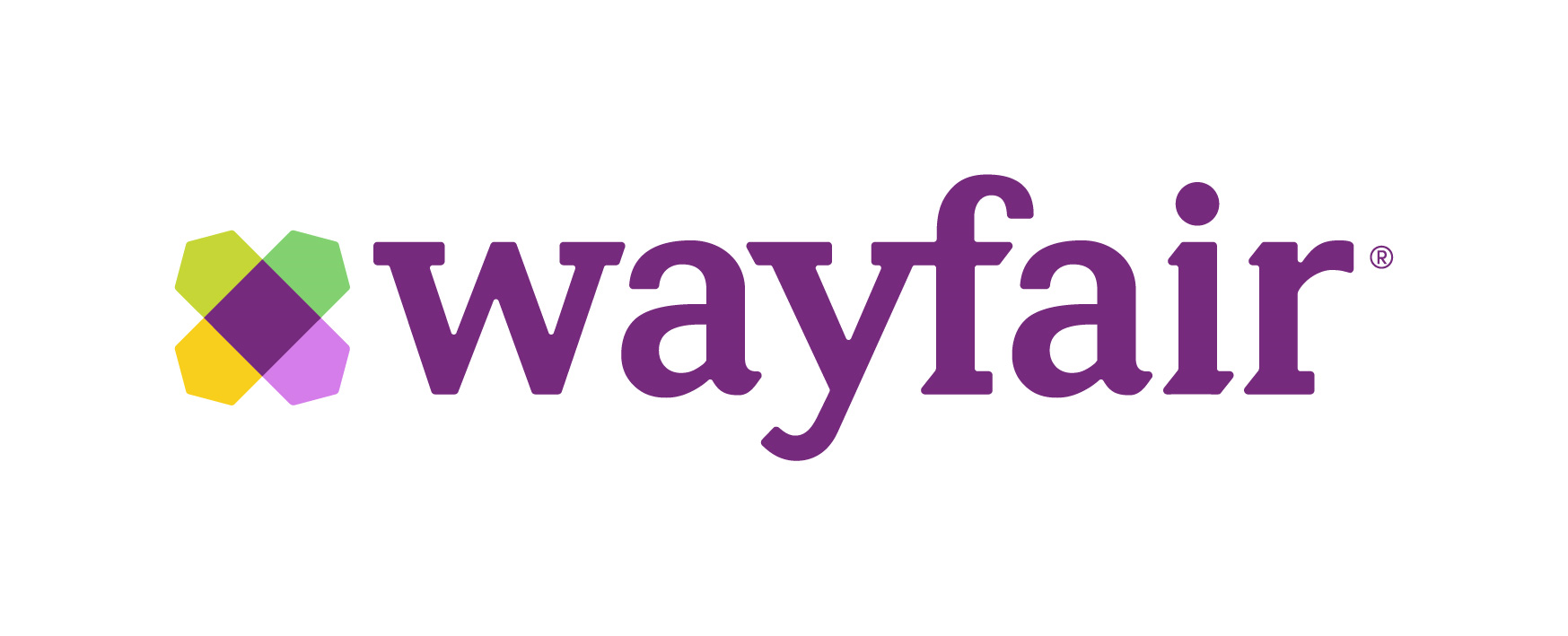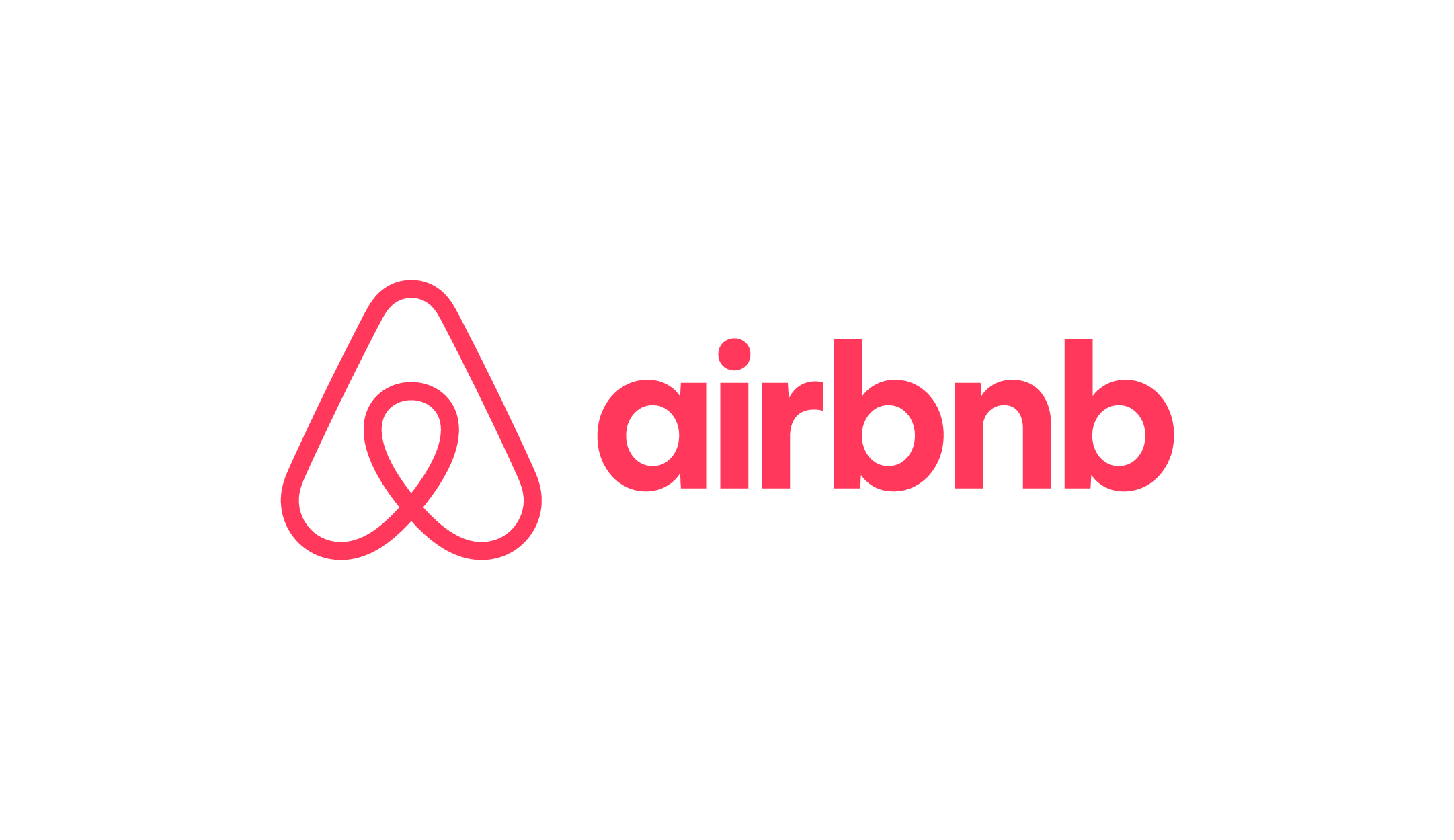Forbes: "8 Very Bad Things That Happen When Companies Are Too Nice"
“In such organizations, people think the way to support and respect each other is to be polite at any cost: not to disagree, give people tough news, hold them accountable, or let them know when they’re not succeeding.” The article presents issues such as “terminal niceness” in the workplace; challenges of having “real” conversation happen offline rather than face to face and how a lack of healthy debate makes it difficult to build new processes and products.













